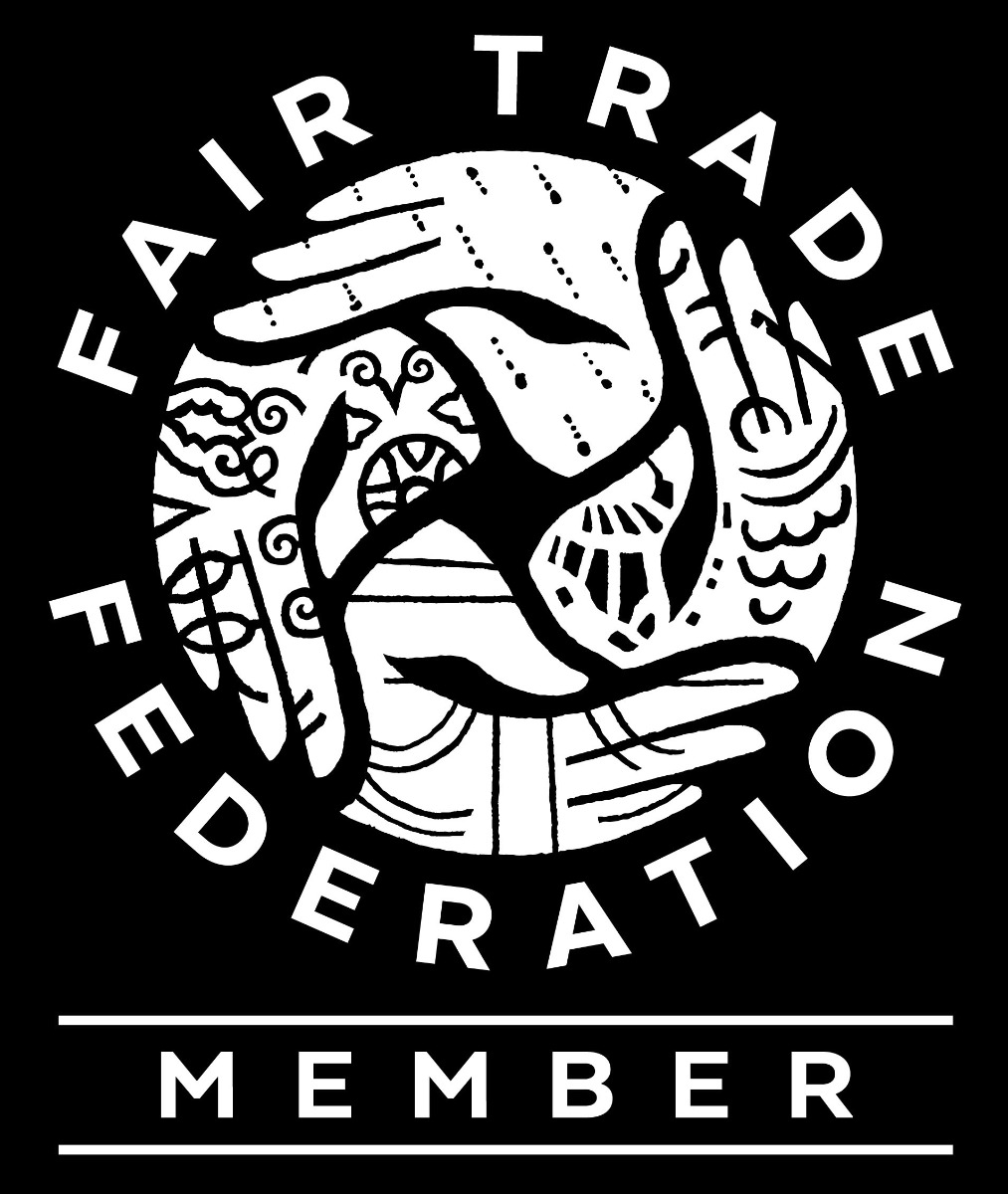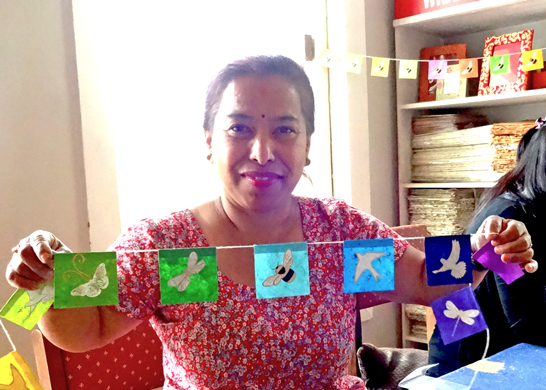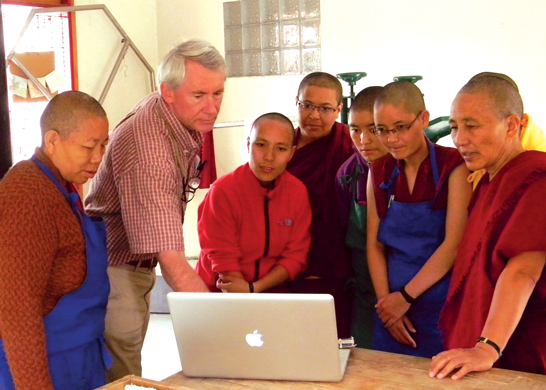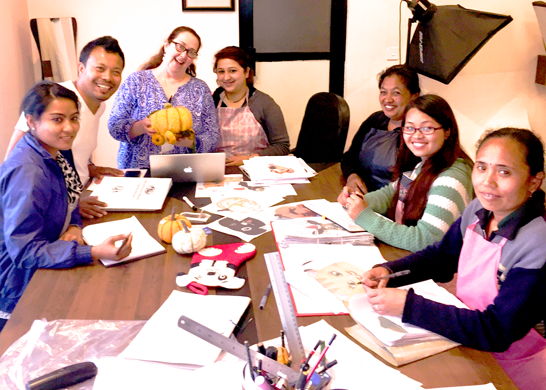dZi Handmade's commitent to the 9 Fair Trade Federation Principles...As a founding member of the Fair Trade Federation, dZi strives to create ethical business relationships to promote better wages and working conditions for the artisans and people who produce and manage the production of our products.
|
|
|
|
1. Create Opportunities for Economically and Socially Marginalized Producers
Long term relationships with our Fair Trade partners bring much-needed employment opportunities in Nepal, one of the poorest economies in Asia. |
2. Develop Transparent and Accountable Relationships
We enhance our Fair Trade relationships through hands-on training. |
|
|
|
3. Build Capacity
dZi continually invests in new design development and shares knowledge about better production techniques with its producers. One or more of the company’s design staff visits production centers at least once a year to introduce and review information on new design and market trends, develop new product ideas, and promote improved production techniques, communication, quality control oversight and working conditions as appropriate. We build capacity by engaging one-on-one with Artisan design quality control teams to better understand and solve production challenges. |
4. Promote Fair TradedZi actively promotes Fair Trade at the trade fairs it participates in by discussing its work and the work of the FTF with customers and other visitors. dZi highlights information about the Fair Trade work being done by its artisan groups in its marketing materials, and regularly discusses the Fair Trade agenda with its producer partners. dZi acts as a bridge to NGOs and other independent groups that seek to support or promote Tibetan culturesuch as the International Campaign for Tibet in Washington, DC, and Tibet House in New York City. dZi Handmade spreads the message of Fair Trade through marketing and promotional material. |
 |
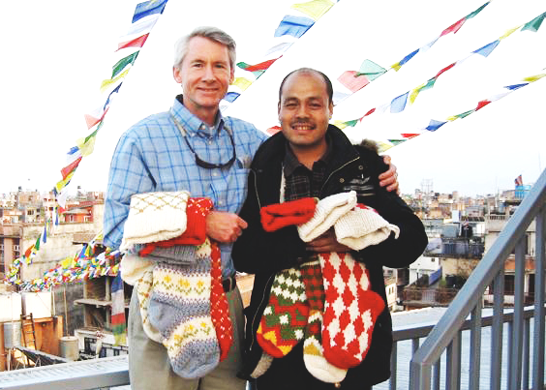 |
5. Pay Promptly and Fairly
Artisans come first! Fair Trade ensures prompt payment and fair wages. |
6. Support Safe and Empowering Working Conditions
dZi staff visits producer and exporter facilities in India and Nepal at least once a year. To the best of ourabilities we review the working conditions at each of the production facilities we are able to visit and promote improvements such as better ventilation or improved lighting when considered necessary. We routinely ask each group to reply to an in-depth questionnaire addressing health and safety concerns. We comply with US consumer product safety protocol. We test for lead and ensure the use of safe colors and Azo-free dyes. We choose materials and packaging that are as sustainable as possible. Proper ventilation, gloves, masks and hearing protection ensure safer and healthier conditions for traditional Tibetan singing bowl makers. |
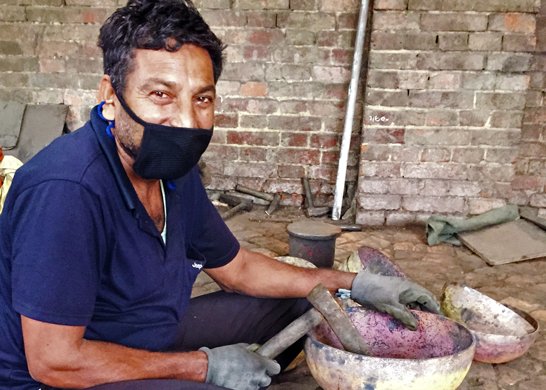 |
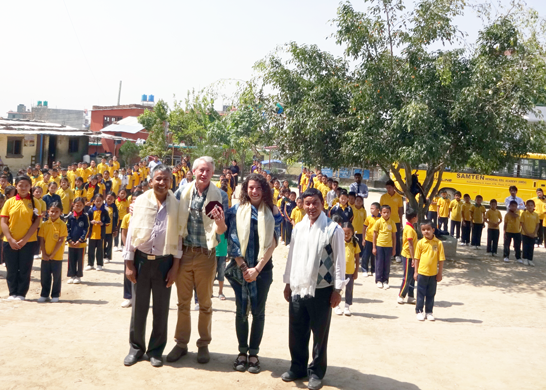 |
7. Ensure the Rights of Children
Artisans send their children to school for free through this Fair Trade |
8. Cultivate Environmental Stewardship
Our traditional Nepalese Lokta paper is eco-friendly and hand-made from sustainably harvested fiber of the Himalayan Daphne tree. |
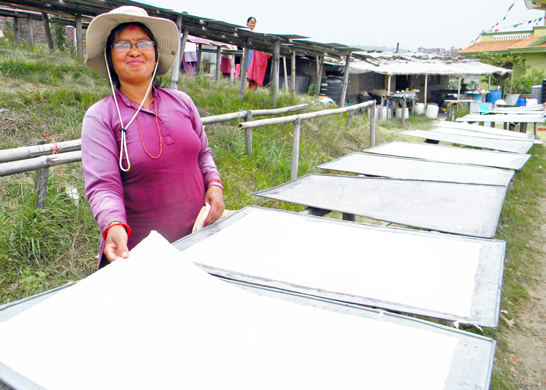 |
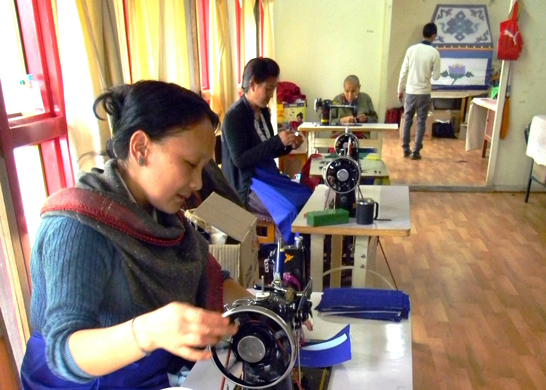 |
9. Respect Cultural Identity
Tibetan Nuns Project keeps cultural traditions alive by making authentic Tibetan Prayer Flags. |
Learn more about The Fair Trade Federation at
www.fairtradefederation.org
dZi Handmade and Health Care:
All qualifying full time staff are provided with a company sponsored health care program.
dZi Handmade and Personal Development:
dZi employs unique personal and team building tools in our workplace, and encourages employees to grow within their positions.
dZi Handmade and Recycling:
We use recycled paper for printing our catalog and for general office use, as well as making every effort to recycle materials from our office and shipments.
How It's made! Here's a glimpse into our design process
________________________
If you have any questions please do not hesitate to contact us:
• Email: info@dZi.com
• Phone: (Easthampton, Massachusetts)
• Office Hours are 9-5:30, M-F, EST
- Please leave a message if you can’t reach one of our staff.

